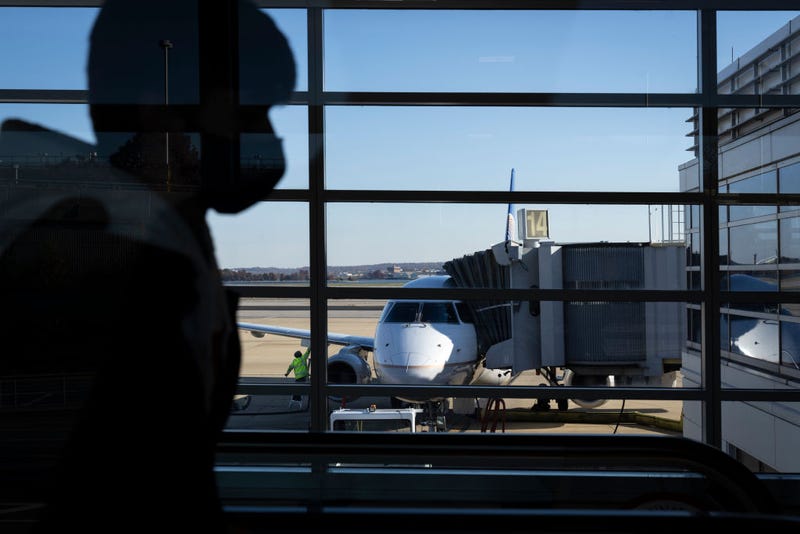
Members of the U.S. House of Representatives voted Wednesday to approve a bill nullifying an order restricting entry into the country by non-citizen non-immigrants who are not vaccinated against COVID-19.
“The bill also nullifies any successor or subsequent orders that require foreign persons traveling by air to show proof of a COVID-19 vaccination as a condition of entry and prohibits the use of federal funds to administer or enforce such a requirement,” according to a summary.
Overall, 220 Republicans and seven Democrats voted in favor of the bill and 201 Democrats voted against it.
“We are now the only country in the free world that has this xenophobic policy,” said bill sponsor Rep. Thomas Massie (R-Ky.) of the existing order.
On the other side of the aisle, Rep. Frank Pallone (D-N.J.) said the legislation is a dangerous move.
“There have been no committee meetings to hear from experts about this bill could mean for the American people,” he said Wednesday. Pallone added that the bill is the second in two weeks “in which Republicans have sought to question the safety and efficacy of the COVID vaccines,” despite scientific consensus.
According to the U.S. Centers for Disease Control and Prevention, the Amended Order aligned its “post-arrival public health requirements for self-quarantine and self-isolation for noncitizen nonimmigrants who meet an exception to the proof of vaccination requirement with current after-international travel recommendations,” as of last April.
“While COVID-19 is no longer the disruptive threat that it once was, the Administration opposes Congressional action to reverse the vaccination requirement for noncitizen nonimmigrants entering the United States by air,” said a statement from the White House. “This policy has allowed loved ones across the globe to reunite while reducing the spread of COVID-19 and the burdens it places on the health care system in the United States.”
Last month, a message from the Executive Office of the President said that COVID-19 emergency declarations from 2020 are expected to end May 11.
Now the bill passed by the House will move to the Senate for consideration, according to Rep. Brian Higgins (D-N.Y.), who voted in favor of the legislation.


